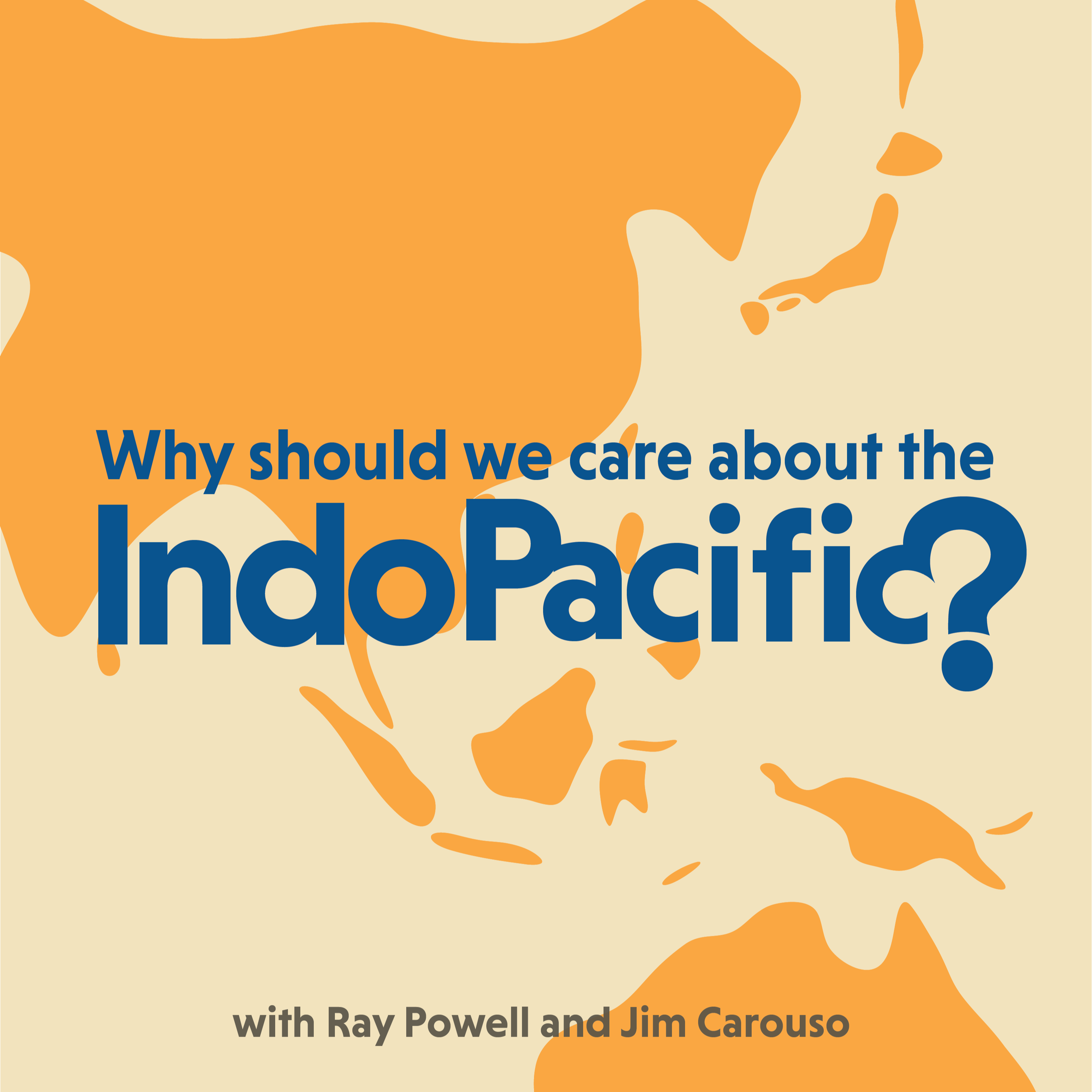
Why Should We Care if South Korea Finally Has a New President? | with Gordon Flake

Why Should We Care About the Indo-Pacific?
Deep Dive
- Martial law declared by former President Yoon Suk-yeol
- Impeachment and removal of Yoon Suk-yeol
- Election of Lee Jae-myung
- South Korea's democratic institutions held firm
Shownotes Transcript
In this episode, hosts Ray Powell and Jim Carouso interview Professor Gordon Flake), CEO of the Perth USAsia Centre), about South Korea's political transformation following six months of unprecedented turmoil.
The discussion centers on South Korea's remarkable democratic resilience after former President Yoon Suk-yeol's shocking martial law declaration in December 2024, which triggered his impeachment and removal from office, and Lee Jae-myeong's subsequent election victory. Flake emphasizes that despite the chaos—including four different acting presidents—South Korea's institutions held firm, demonstrating the strength of its democracy.
The new president faces immediate pressure from Trump administration tariffs affecting Korean exports, with the economy shrinking in the first quarter and auto sales to the US down significantly. Flake warns against conflating trade negotiations with alliance burden-sharing discussions.
Lee Jae-myeong has already engaged with President Trump and Japanese Prime Minister Ishiba, signaling continuity in South Korea's internationalist approach despite his progressive background. The episode explores Korea's potential participation in regional frameworks like Quad-Plus and the Comprehensive and Progressive Trans-Pacific Partnership.
Tensions are escalating in the Yellow Sea's Provisional Measures Zone, where China has installed aquaculture facilities without coordination with Seoul. This represents a new kinetic challenge similar to South China Sea disputes.
Flake highlights opportunities for US-Korea naval cooperation, noting Korean shipbuilders like Hanwha Ocean's acquisition of Philadelphia shipyard and increased stakes in Australian defense contractor Austal.
Flake predicts Lee's first 100 days will prioritize economic growth over progressive social policies due to external pressures. His attendance at the G7 meeting represents crucial engagement with like-minded democracies amid regional uncertainty (this episode was recorded before President Lee elected not to attend the G7).
The episode provides essential insights into how South Korea's democratic institutions weathered the crisis, while positioning the country as a consequential middle power navigating complex US-China competition and regional security challenges.
- Follow the podcast on X, @IndoPacPodcast), LinkedIn), or BlueSky)
- Follow Ray Powell on X, @GordianKnotRay), or LinkedIn)
- Follow Jim Carouso on LinkedIn)
- Produced by Ian Ellis-Jones and IEJ Media, on X, @ianellisjones)
- Sponsored by BowerGroupAsia), a strategic advisory firm that specializes in the Indo-Pacific